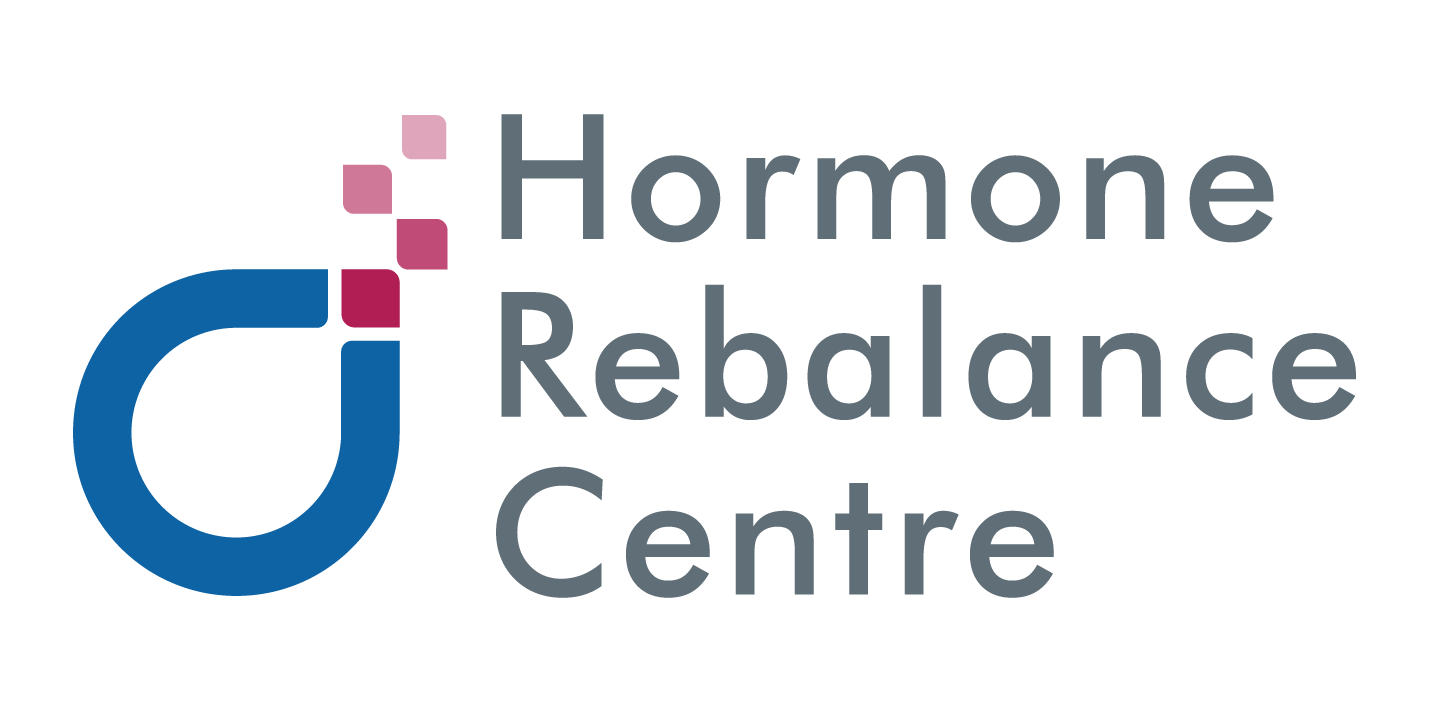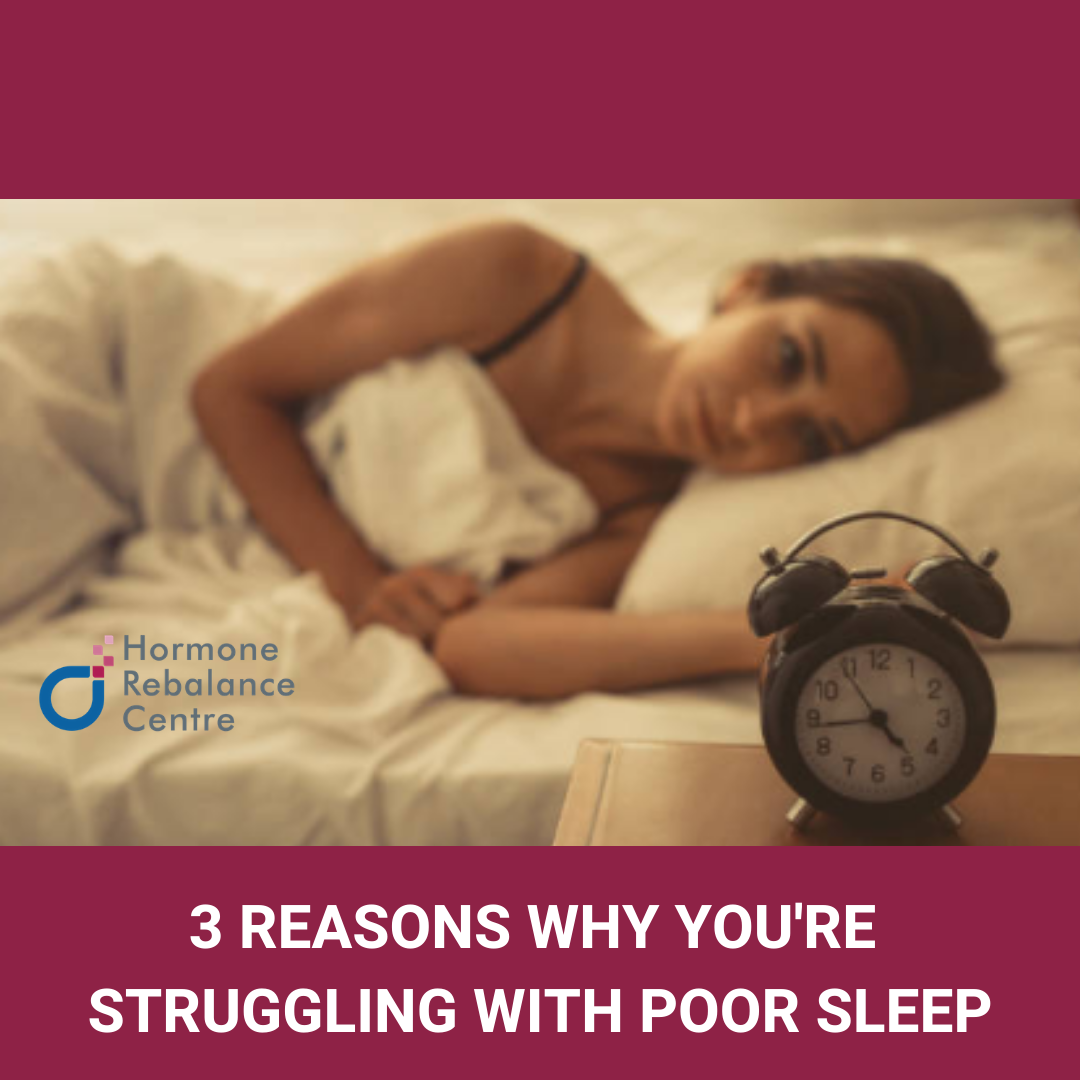Are you struggling with falling asleep or constantly waking up in the middle of the night especially between 2:00AM to 4:00AM? Or are you having a hard time getting up in the morning and do not feel well rested even after getting a good amount of sleep?
A whooping 40% of people from ages 40 to 59 reported that they are getting less than the recommended amount of sleep, and those who report poor quality of sleep also report poor quality of health.
Poor sleep, especially in women, is commonly correlated to increased anxiety, depression and irritability. Also, sleep deprivation is linked to weight gain because it makes you more likely to make poor food choices and grab high calorie energy fixer-uppers.
This is why it’s paramount to take the quality of your sleep very seriously and understand what imbalances could be contributing to your poor sleep, so you can address the root cause.
There are 3 common reasons why you might be experiencing poor sleep and here is what you can do about it:
1. Low Melatonin
Melatonin is a natural hormone that regulates your sleep-wake cycle. Its production is regulated by the detection of lightness and darkness by the retina of the eye, so our body naturally produces melatonin in the evening.
People who struggle with sleep may be low in melatonin. To make sure that you are addressing the right problem, we do not recommend that you take Melatonin supplements without proper testing and confirming that you actually have low levels of this hormone. click here if you would like to learn more about testing options!
If you know that you are actually deficient on Melatonin, this can be an easy fix as melatonin supplements can be easily bought over the counter. They do come in different forms and doses, so we do recommend that you speak to your healthcare provider about which option is best for you.
You can also consider taking melatonin if you wake up in the middle of the night and struggle falling back asleep. Some people report feeling groggy and having a “hangover” feeling with melatonin so make sure you are not taking too much.
Another way to work on this imbalance is through a proper sleep hygiene routine. Make sure that you give your body ample time to unwind each night and you allow it to register that it is night-time. This is why excess screen exposure before bed can alone be the cause of your melatonin deficiency.
You can further relax by drinking herbal tea, taking a bath, using aromatherapy or even simply dimming your lights or using candles to create a calm yet dark ambience in your room.
2. Cortisol Imbalance
Another hormone that might be disrupting your sleep is Cortisol. Cortisol is our stress hormone that fluctuates throughout the day. We should have the highest production of cortisol within the first 2 hours of waking up, which is the time we should have the highest level of energy.
As is seen in the cortisol urine test below, if cortisol levels are too low, especially in the morning, this can be a cause of low morning energy and this may even continue throughout the day.

On the flip side, if you are producing way too much cortisol at night, this can be a reason for this “tired but wired” sensation that could be preventing you from falling asleep.
Cortisol can also spike in the middle of the night for some people, which is a common cause for 2-4am wake-up.
It’s important to note that this type of cortisol spike can be the body’s natural response to hypoglycemia, a drop in blood sugar levels that may occur in people with sugar dysregulation. This is a hormonal imbalance in and of itself that warrants further investigation.
As you can see, cortisol imbalance can happen at any point during the day and each one may have an impact on your sleep quality and energy levels. You can measure your cortisol levels through urine testing. To learn more about hormone testing and hormone balancing programs we offer, click here.
3. Neurotransmitter Fluctuations
Lastly, poor sleep can also be caused by neurotransmitter imbalance. Neurotransmitters are chemical messengers of the nervous system. They can be out of balance due to various reasons including stress, poor diet, nutritional deficiencies, hormonal imbalances, genetic dispositions and side effects from medications.
Neurotransmitters such as Serotonin and GABA can affect your mood, your ability to sleep properly and your memory and ability to focus.
5-HTP is the precursor to serotonin and is also involved in melatonin production and may therefore be a good intervention if you are underproducing both these hormone factors. 5-HTP should be avoided with certain anti-anxiety or depression medications and should not be self-prescribed in these cases.
GABA may be taken as a supplement that can help bring on relaxation and calmness, especially if you suffer with monkey brain and difficulty shutting off your mind before bed.
Overall, there is no arguing that the quality of your sleep greatly impacts the quality of your life. This is why it’s important that you identify the root cause of your sleep issues and treat them accordingly. To learn more about how you can test for these outlined hormonal imbalances learn about our testing options and hormone rebalancing programs!


No Comments